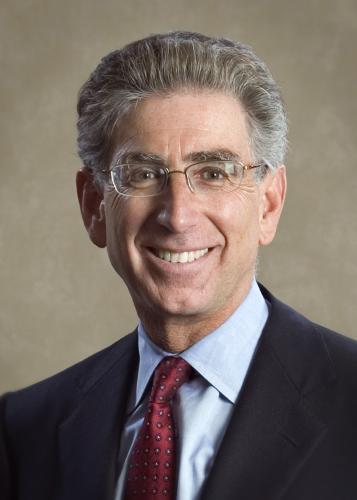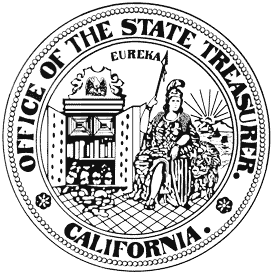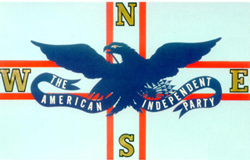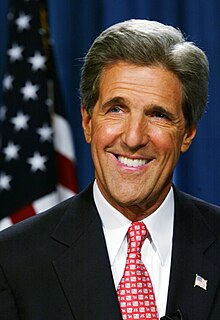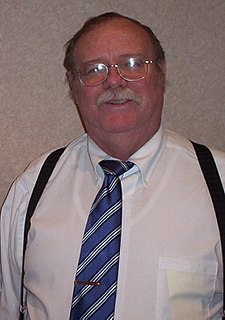| |||||||||||||||||
| |||||||||||||||||
 Election results by county Schwarzenegger: 40–50% 50–60% 60–70% 70–80% Angelides: 40-50% 50–60% 60–70% | |||||||||||||||||
| |||||||||||||||||
The 2006 California gubernatorial election occurred on November 7, 2006. The primary elections took place on June 6, 2006. The incumbent Republican Governor, Arnold Schwarzenegger, won re-election for his first and only full term. His main opponent was California State Treasurer Phil Angelides, the California Democratic Party nominee. Peter Camejo was the California Green Party nominee, Janice Jordan was the Peace and Freedom Party nominee, Art Olivier was the California Libertarian Party nominee, and Edward C. Noonan was the California American Independent Party nominee.

California is a state in the Pacific Region of the United States. With 39.6 million residents, California is the most populous U.S. state and the third-largest by area. The state capital is Sacramento. The Greater Los Angeles Area and the San Francisco Bay Area are the nation's second and fifth most populous urban regions, with 18.7 million and 8.8 million residents respectively. Los Angeles is California's most populous city, and the country's second most populous, after New York City. California also has the nation's most populous county, Los Angeles County, and its largest county by area, San Bernardino County. The City and County of San Francisco is both the country's second-most densely populated major city after New York City and the fifth-most densely populated county, behind only four of the five New York City boroughs.

The Governor of California is the head of government of the U.S. state of California. The California Governor is the chief executive of the state government and the commander-in-chief of the California National Guard and the California State Military Reserve.
A primary election is the process by which voters, either the general public or members of a political party, can indicate their preference for a candidate in an upcoming general election or by-election, thus narrowing the field of candidates.
Contents
- Primary elections (June 6, 2006)
- Democratic
- Republican
- Third parties
- General election
- Candidates 3
- Campaign
- Polling 2
- Results 3
- See also
- References
- External links
- Democratic candidates
- Republican candidates
- Third-party and Independent candidates
- Other sites with relevant information
Under the California Constitution, the Governor serves a four-year term, with a maximum limit of two consecutive terms. Arnold Schwarzenegger was elected during the 2003 California recall and served out the remainder of Gray Davis's term; he was eligible to serve until 2011. [1] As of 2018, this is the most recent election in which a Republican was elected Governor of California.
A term limit is a legal restriction that limits the number of terms an officeholder may serve in a particular elected office. When term limits are found in presidential and semi-presidential systems they act as a method of curbing the potential for monopoly, where a leader effectively becomes "president for life". This is intended to protect a democracy from becoming a de facto dictatorship. Sometimes, there is an absolute or lifetime limit on the number of terms an officeholder may serve; sometimes, the restrictions are merely on the number of consecutive terms he or she may serve.

Arnold Alois Schwarzenegger is an Austrian-American actor, filmmaker, businessman, author, philanthropist, activist, politician, and former professional bodybuilder and powerlifter. He served as the 38th Governor of California, from 2003 to 2011.

Joseph Graham "Gray" Davis Jr. is a retired American politician and attorney who served as the 37th Governor of California from 1999 to 2003. A member of the Democratic Party, only a few months into his second term, in 2003 Davis was recalled and removed from office, the second state governor successfully recalled in U.S. history. Prior to serving as governor, Davis was chief of staff to Governor Jerry Brown (1975–81), a California State Assemblyman (1983–87), California State Controller (1987–95) and the 44th Lieutenant Governor of California (1995–99). Davis holds a B.A. in history from Stanford University and a J.D. from Columbia Law School. He was awarded a Bronze Star for his service as a Captain in the Vietnam War.
Exit polls showed Schwarzenegger won Anglos (63%-32%) and Asian Americans (62%-37%) and other minorities (53%-38%), while Angelides won African Americans (70%-27%) and Latinos (56%-39%).



